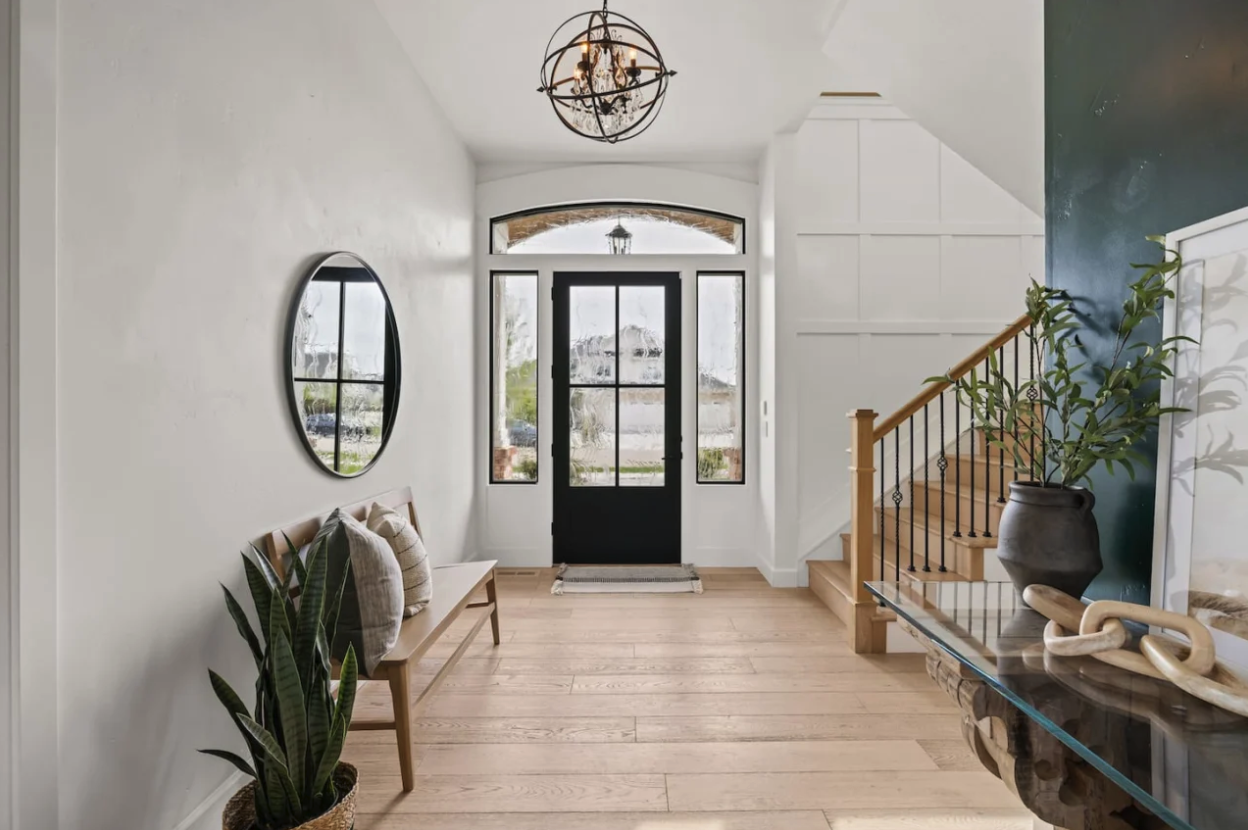Saving for a down payment is a significant milestone on the path to homeownership. It entails making an upfront, lump sum payment that contributes to the overall cost of purchasing a home, with the remaining portion covered by a mortgage. The specific amount allocated to a down payment varies based on factors such as the property being purchased and the type of mortgage selected.
Additionally, the chosen down payment amount can influence mortgage terms, including the interest rate and the potential requirement for mortgage insurance. Considering the multitude of factors involved, it is crucial to carefully deliberate how much money to allocate for a down payment when contemplating a home purchase.
What is a Down Payment for a House?
When purchasing a new home or property, a down payment refers to the initial payment made towards the total cost. It serves to reduce the amount of money that needs to be borrowed for the home purchase. The minimum mortgage down payment can vary between 3% and 20% of the home's purchase price, depending on the lender and the type of loan.
It is important to note that the notion of a 20% down payment requirement is a common misconception. In reality, according to the National Association of Realtors (NAR), the average down payment is approximately 6%. Additionally, there are programs available, provided you meet the eligibility criteria, that may allow you to make a minimal or even no down payment at all.
Mortgage Insurance and Down Payments
Based on the size of your down payment, your lender may stipulate the inclusion of mortgage insurance alongside your interest payments. This is where people commonly mistake the 20% guideline. If you are able to provide a down payment of 20%, it is generally possible to avoid paying private mortgage insurance (PMI).
However, if your down payment is less than 20%, your lender may require PMI. Once you achieve 20% equity in your home, you may have the option to refinance your loan and eliminate the need for PMI, or you can make a request to your loan servicer for its removal.
Just like your mortgage terms, your PMI rates are significantly influenced by your credit score and the amount you put down as a down payment.
What Mortgages Do Not Require a Down Payment?
There are several government-backed mortgage options available that offer the flexibility of little to no down payment on a home purchase, although they may come with stricter qualifications. Examples of such options include VA loans and USDA loans.
USDA Loan
USDA loans, as stated on the official website of the U.S. Department of Agriculture, offer the possibility of no down payment under the Direct Loan program. Additionally, eligible applicants may qualify for payment assistance, which assists in subsidizing the interest portion of the mortgage and ultimately reduces the overall monthly payment.
VA Loan
VA loans are supported by the U.S. Department of Veterans Affairs and are specifically designed for current or past service members and eligible spouses. These loans do not require a down payment, and there are no monthly Mortgage Insurance fees typically associated with certain conventional mortgages.
The Relationship Between Interest Rates and Your Down Payment
The interest rate refers to the percentage-based cost of borrowing imposed by a lender on the principal amount of your mortgage. It serves as the basis for calculating your monthly payment. Generally, a larger down payment often results in a more favorable interest rate.
This is because a higher down payment usually leads to a reduced borrowed amount, which can be perceived by lenders as lower risk. It is important to note that lenders also take into account factors such as the current real estate market conditions, the specific type of mortgage, and other aspects of the borrower's financial profile when determining interest rates.
Final Thoughts
When buying a home, a down payment refers to the initial lump sum payment made directly to the seller through an escrow account. This payment is made upfront and is separate from the remaining mortgage amount. Essentially, the down payment reduces the total loan amount needed to finance the home purchase. It is important to understand that the size of your down payment can have an impact on your mortgage terms, particularly your interest rate.
King & Edge Real Estate in Boise, Idaho
We are honored to have the opportunity to serve you and be a part of your real estate journey. Let us guide you towards a successful and rewarding experience, where your goals become our goals, and your vision becomes a reality. Contact us today and discover the unparalleled service and expertise that sets King & Edge Real Estate apart as we help you sell your home in Boise or find your place to call home.


